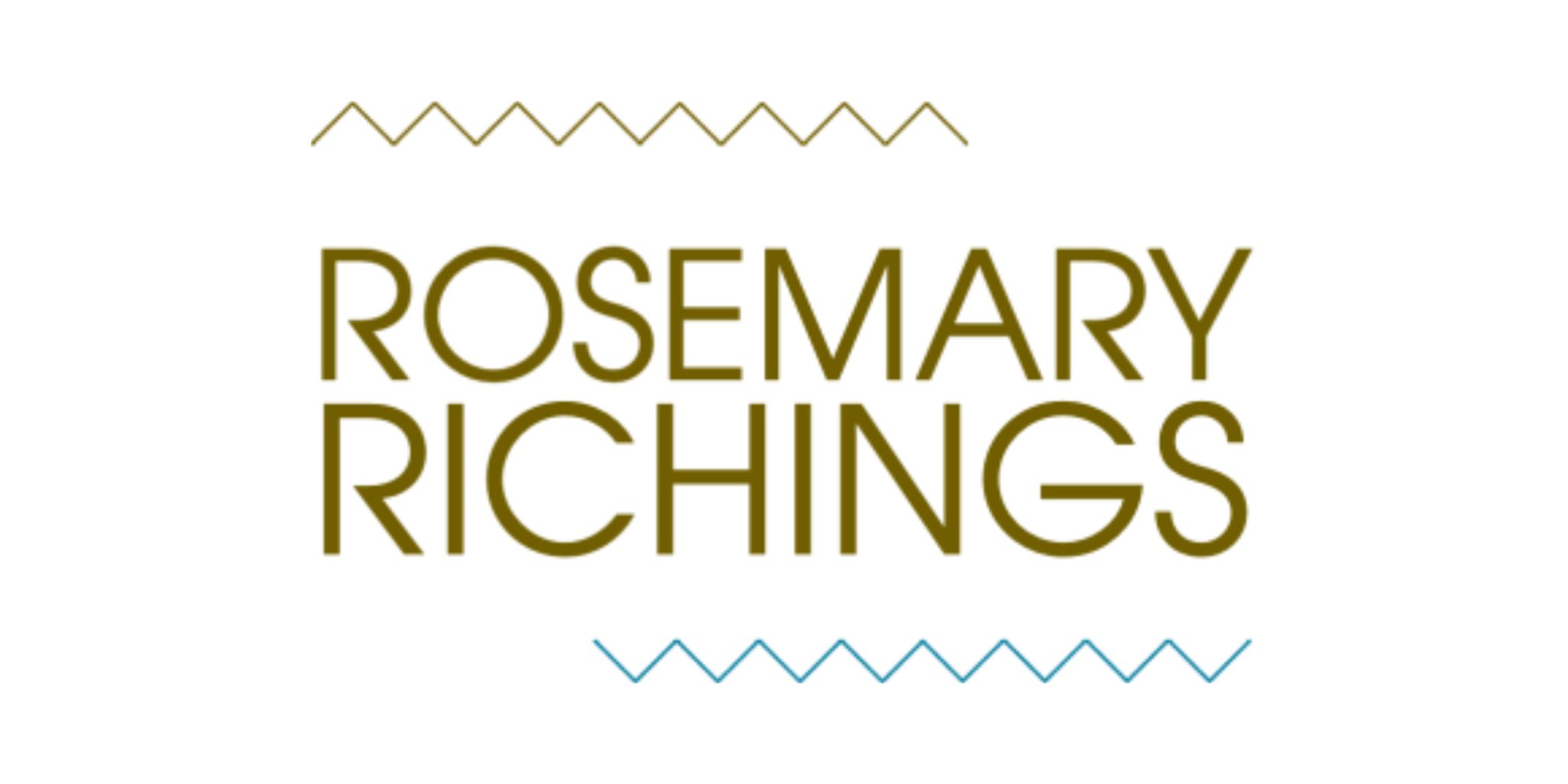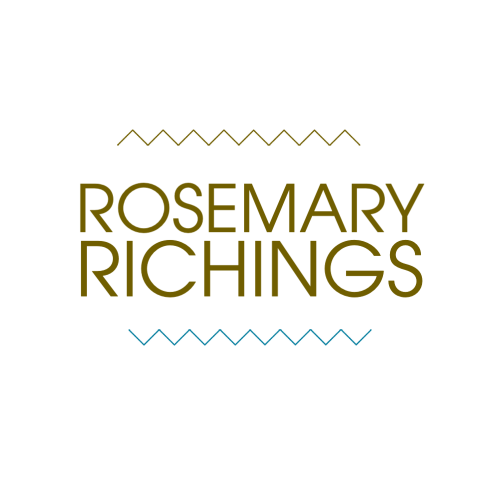Confidence is lot more of an important part of this whole freelancing thing than you think.
Because the truth is, being one of many can be pretty scary.
For instance, I had a few great networking experiences recently.
And then I had one that was epically bad.
But why was it so bad?
Because I was surrounded by people who made me feel like my voice and my journey wasn’t being heard or understood.
And that’s a pretty scary feeling because that can cause imposter syndrome to rear its ugly little head.
Confidence & Freelancing
Clients want to work with people that have their shit together.
And confidence is a huge part of that.
Far too many freelancers obsess about getting their unique selling point just right.
But the real secret is to just be proud of whatever your approach to things happens to be.
And then people can decide if they want to work with you from there.
So how do keep your confidence in a sea of sameness?
Here are some tips on how to do that effectively.

1) Don’t apologize for setting expectations
The big difference between being an independent contractor and being an employee is that the cards are on your freaking table.
How much you got paid.
Totally on you.
The hours you worked today.
Also on you.
Sure there are clients to factor in, but it’s best to think of them as customers.
And at the end of the day, all that really matters to them is that the finished product is amazing.
You’re still the freaking boss.
So if you can’t answer that client email right now, or can’t realistically answer emails after 9 PM:
Don’t…freaking…apologize!
Creativity happens when you find the productivity sweet spot.
What to do instead:
Pick office hours that suit you, and put them in places where your clients will see them, such as:
- The welcome package
- Your website
- The email signature
- And…maybe even your social media profiles!
And be consistent about those hours. Tools such as Calendly are a great way to set boundaries and make sure your clients only set meetings during the hours that you’ve decided to stick to.
Everything from your favorite clothing stores, to restaurants, cafes, and call centers have business hours.
Same with just about everyone who has a 9-to 5 job.
So why not consultants as well?
Having office hours will help with the whole “people taking you seriously” thing…like… a lot!
2) Get freaking genius at explaining your business in your own words
My father is an actor.
And one of the most important things that this taught me is that practice and careful thought are what will prepare you for an audience of any size.
For me, that practice and careful thought started with my really amazing decision to write my own web copy and design my own website.
After a while, I felt like I revised those words so many times that my spiel was stuck in my head permanently.
And that’s entirely true.
In fact, every time I go to everything from networking events to parties, I find myself saying my spiel with such confidence that I have a captive audience.
What to do about it:
Write out all those awesome ideas floating in your head on paper.
And then practice your story on an unconditionally supportive audience such as your best friend, family, significant other, or just about anyone else you trust.
Get feedback, learn from your mistakes, and you’ll sell your work with confidence in no time at all.
And I can stress how important that is!
You never know when a good opportunity will be right around the corner.
3) Allow positive affirmations
I first learned this principle when I started reading the Think Creative Collective blog, and listening to The Strategy Hour Podcast.
Positive affirmations are about celebrating small wins.
On quiet, uneventful days it can be as simple as I’m freaking alive, or I ate pizza today.
On eventful days it can be something like positive feedback from a client, or meeting a deadline.
For freelancers, it can be far too easy to finish a project, and then immediately focus on starting the next one.
But celebrating those small wins can put things in perspective.
Just take a second, at the beginning or end of the day to reflect on those small wins, and give yourself a pat on the back.
It can be done quietly, in somewhere like a journal, or in a conversation with someone you trust.
Or it can be something bigger than that, like sharing it with an online community of people that get what you’re going through.
You’ll thank yourself later when you have a bad day or get harsh feedback.
Because you’ll look back at that moment and go: “wow, I’m actually pretty cool!”
4) Own it
After you’ve added positive affirmation to your life, you can start owning it.
Owning it is about taking whatever defines your voice and wearing it with pride.
For example…
If you tend to swear when you get passionate about something, make that part of who you are online.
If authenticity and portraying people and things as what they are is your policy (like yours truly), make that part of everything you put out there online.
In Conclusion…
Being unique online isn’t actually about being unique.
It’s about taking people by the hand and saying: “this is what you’re dealing with, so do whatever you want about it.”
And never, ever forget that you don’t have to please everyone.
All you really have to do is have a very specific idea in mind of one, particular kind of person you want to reach.
And if you speak to them like an equal, and resonate with their needs, you’ll accomplish a lot.
No idea how to do that?
Click here to learn how I can help you resonate with your audience online.


